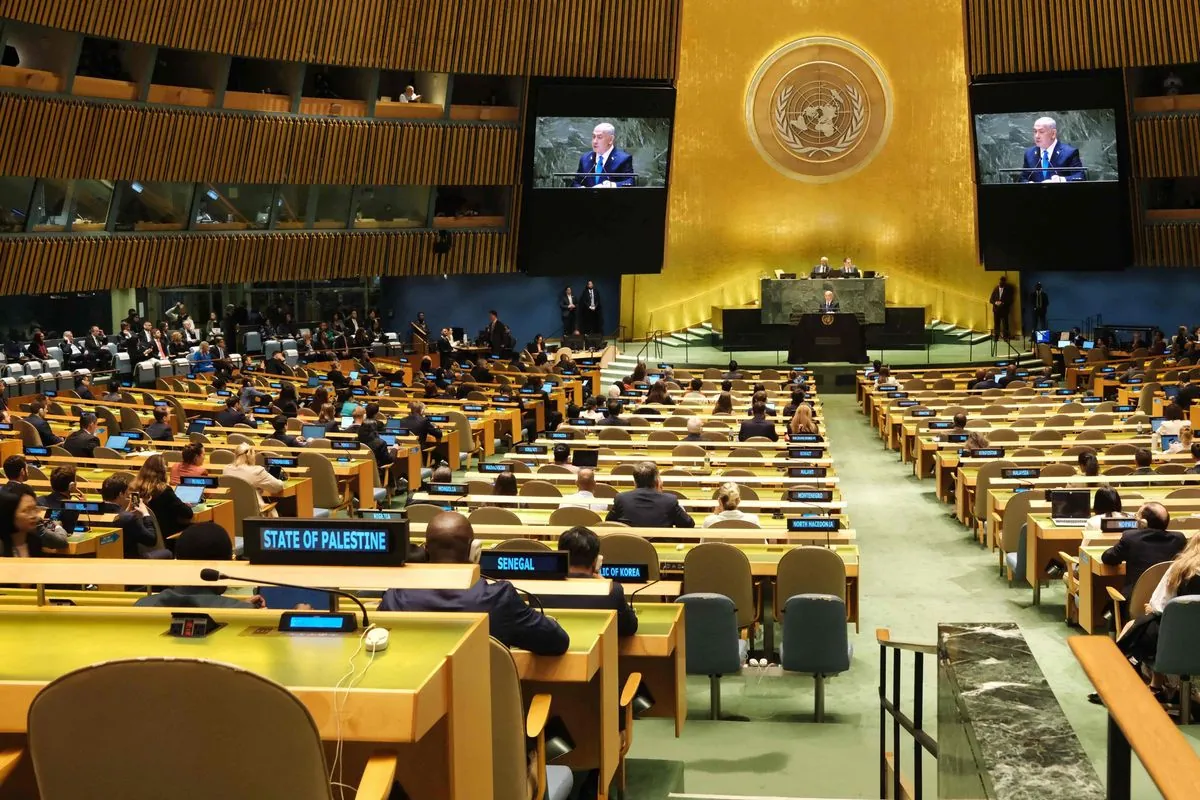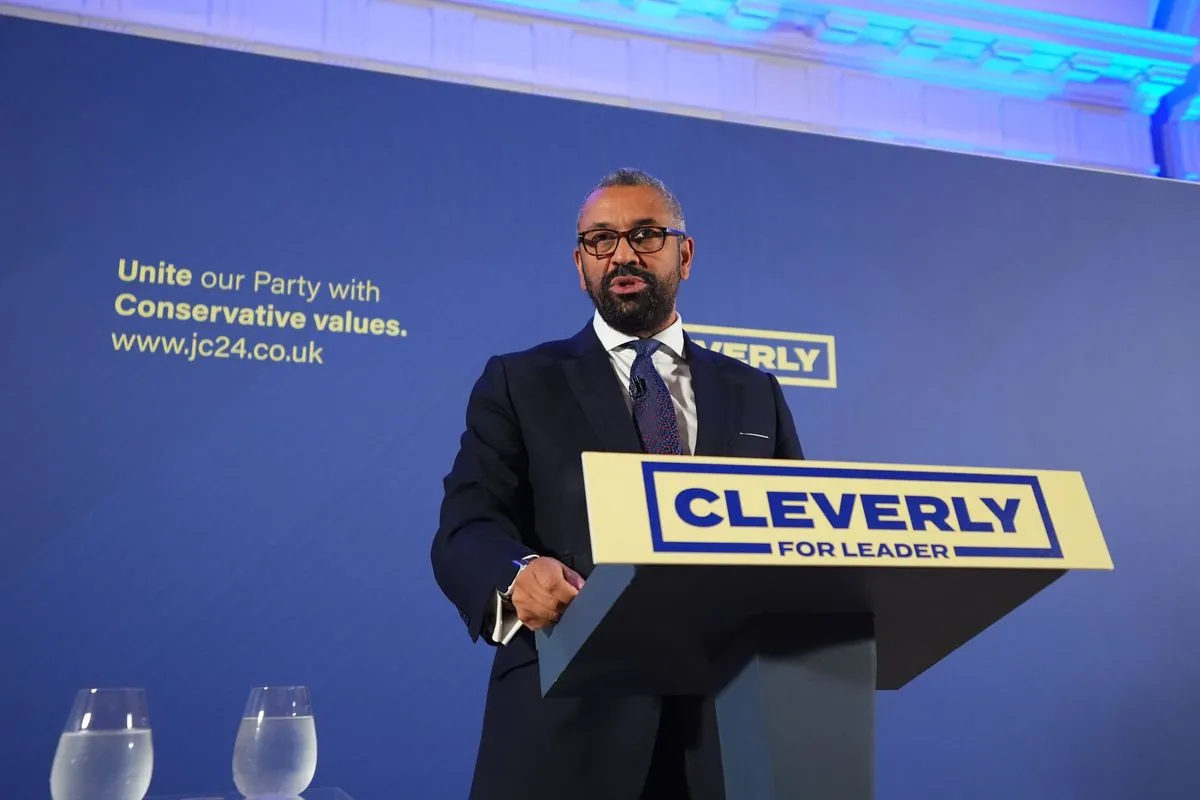UN's Moral Decline: From Peacekeeper to Conflict Enabler
The United Nations, once a beacon of hope, now faces criticism for corruption and bias. Its treatment of Israel and response to recent conflicts highlight a departure from its founding principles.

The United Nations General Assembly convened in New York this week, marking 79 years since the organization's inception in the aftermath of World War II. Originally established to prevent global catastrophes, the UN has long been viewed as a virtuous entity by many. However, recent events have cast a shadow over its reputation, revealing a stark contrast between its lofty ideals and its practical operations.
Founded in 1945 with 51 signatories, the UN has grown to encompass 193 member states. Despite its noble origins and the fact that it has been awarded the Nobel Peace Prize 12 times, the organization now faces accusations of corruption and moral bankruptcy. Critics argue that the UN has become a platform that empowers autocracies and enables conflict, rather than preventing it.
The UN's treatment of Israel serves as a prime example of this alleged failure. In 2022, while conflicts raged in Ukraine and human rights violations persisted in various nations, the General Assembly passed 15 resolutions targeting Israel, compared to just 13 for the rest of the world combined. This disproportionate focus has led many to question the organization's impartiality.

A turning point in the UN's relationship with Israel came during the 2001 World Conference Against Racism in Durban, South Africa. The event, held under UN auspices, devolved into what many describe as an anti-Israel demonstration. Delegates reportedly branded Israel as a "racist apartheid state" guilty of "war crimes, acts of genocide and ethnic cleansing." The distribution of antisemitic literature outside the conference further tarnished the UN's reputation.
The UN's response to the October 7, 2023, attacks on Israel has also drawn criticism. Despite the loss of over 1,200 lives, Secretary-General Antonio Guterres was perceived as reluctant to fully acknowledge Israel's right to self-defense. Moreover, evidence emerged suggesting that hundreds of staff members from the United Nations Relief and Works Agency for Palestine Refugees (UNRWA) participated in the attacks, leading to the dismissal of nine employees.
The situation with Hezbollah in Lebanon further illustrates the UN's peacekeeping challenges. UN Security Council Resolution 1701, passed in 2006, called for the disarmament of Hezbollah and the withdrawal of forces threatening Israel north of the Litani River. However, 18 years later, this resolution remains largely unenforced, with reports suggesting that UN peacekeepers are effectively used as human shields by Hezbollah.
"We the peoples of the United Nations determined to save succeeding generations from the scourge of war, which twice in our lifetime has brought untold sorrow to mankind..."
As the UN approaches its 80th anniversary, it faces mounting criticism. With a budget of approximately $3.4 billion for 2024 and over 44,000 employees worldwide, the organization's effectiveness is increasingly questioned. While it has contributed to negotiating over 170 peace settlements and providing food aid to millions, its handling of complex geopolitical issues, particularly regarding Israel, has led many to call for significant reforms.
The United Kingdom's annual contribution of over £100 million to the UN budget underscores the financial stakes involved. As the organization continues to grapple with its role in a changing world, many argue that both taxpayers and global citizens deserve an international body that truly upholds the principles of peace, justice, and equality envisioned by its founders nearly eight decades ago.


































